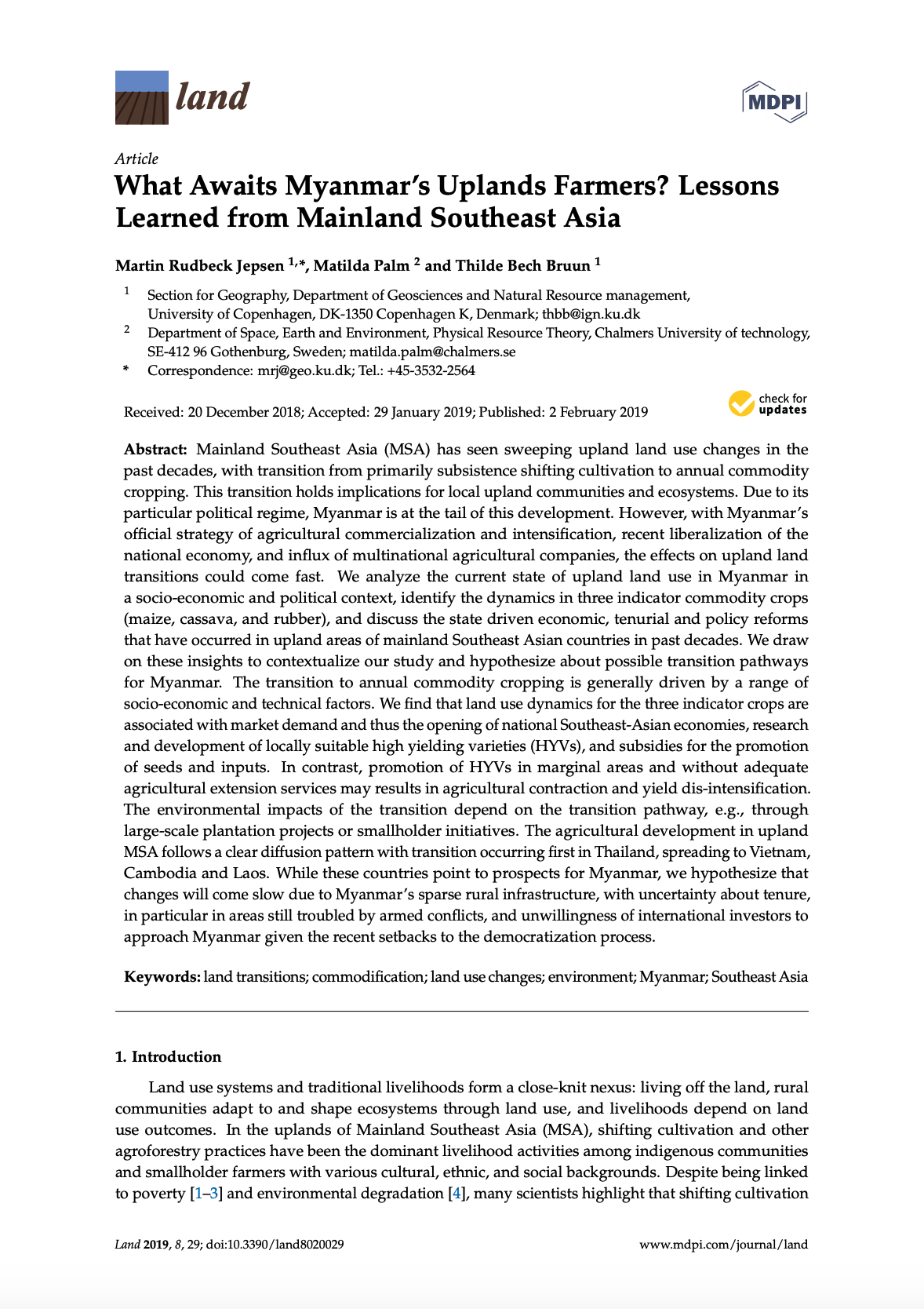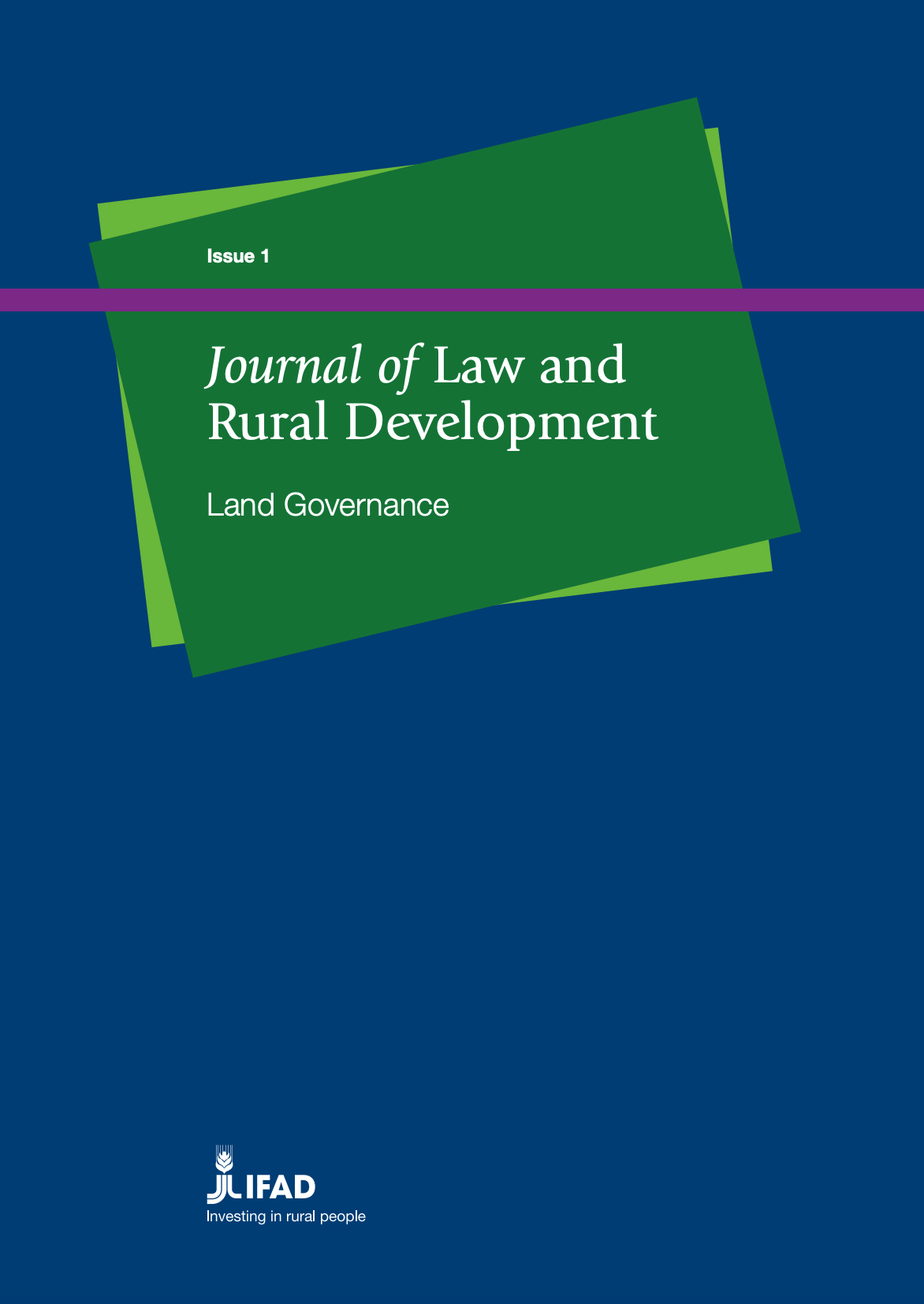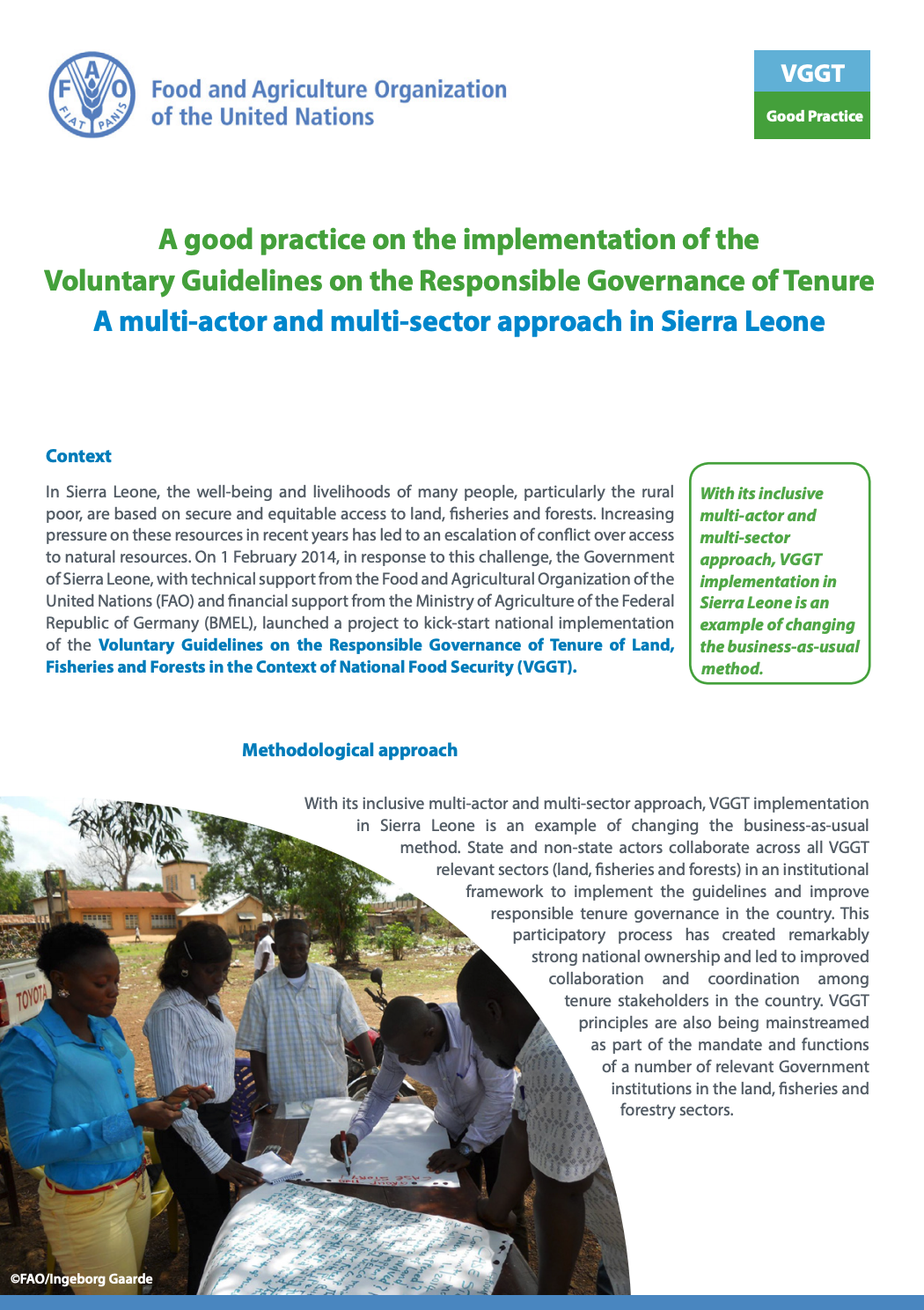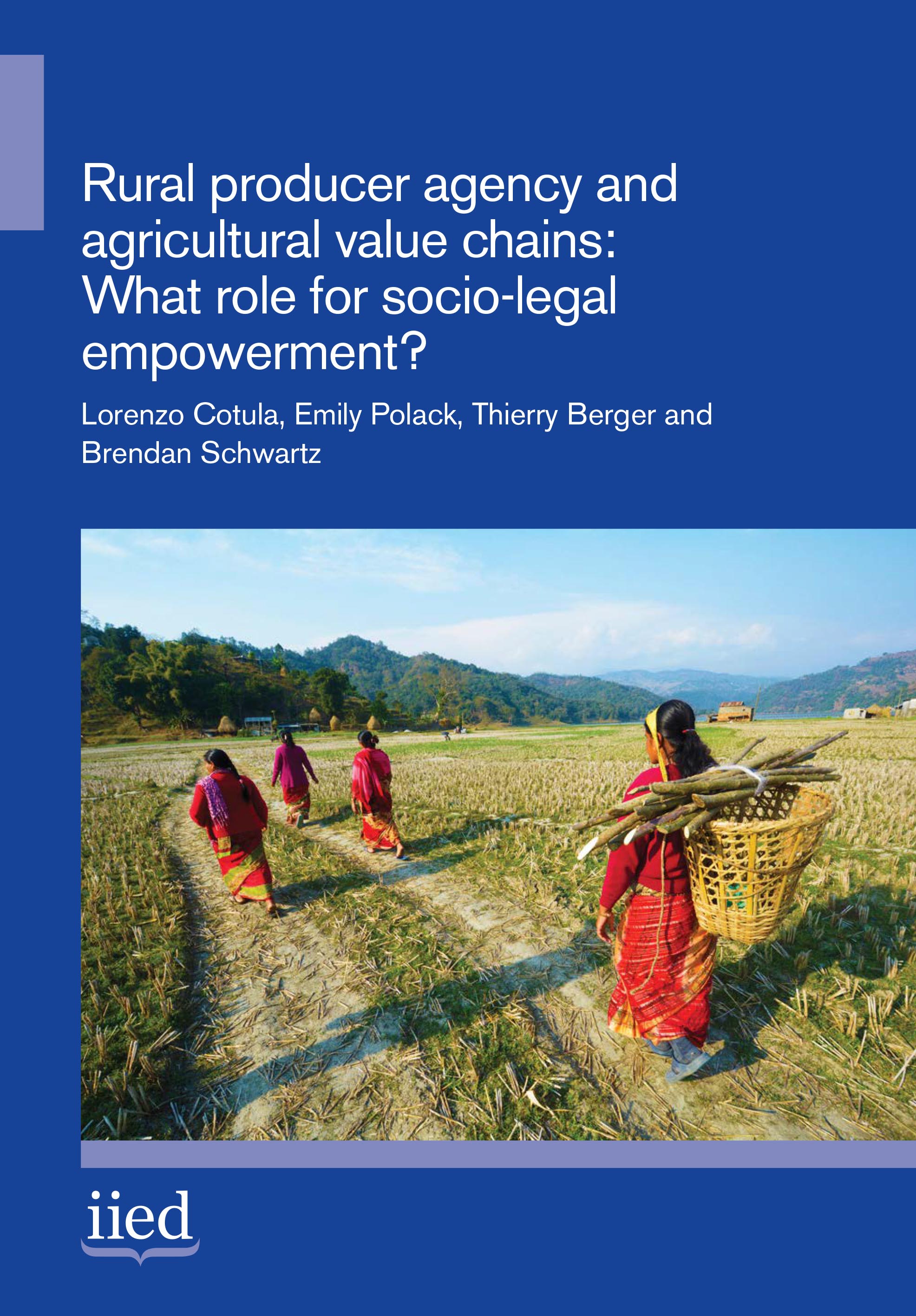The Gender Dimensions of Poverty in Egypt
Does poverty in Egypt have a woman's face? Is female poverty linked to their conditions in the labour market or levels of education? Are women particularly at risk in poor households? This report addresses the gender dimensions of poverty using the recent Household Expenditure, Income and Consumption Survey of 1999/2000 for Egypt. Poverty measures of males and females were found to be significantly different, in both urban and rural areas, where higher levels are observed among females than males.





